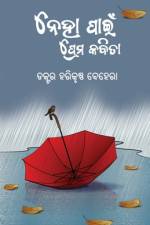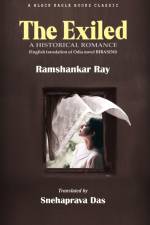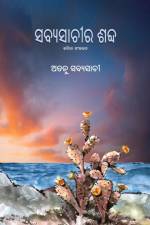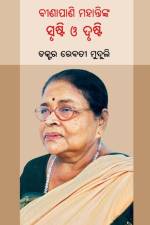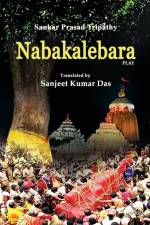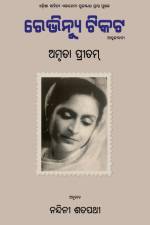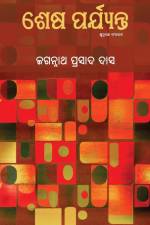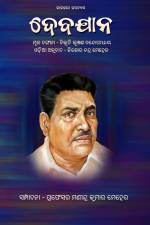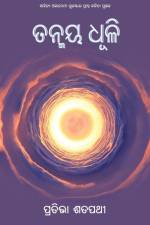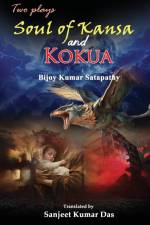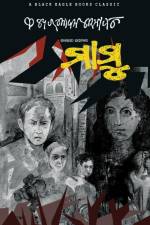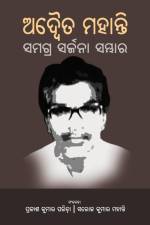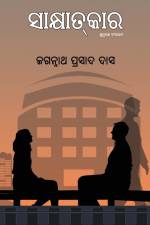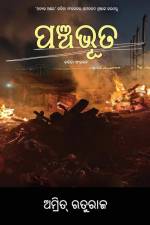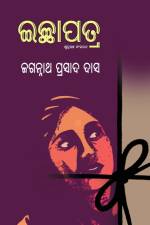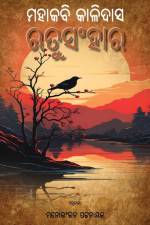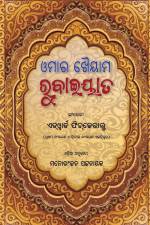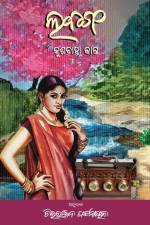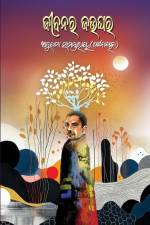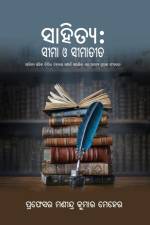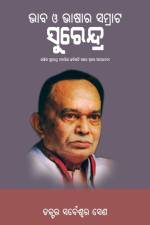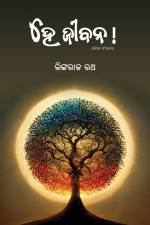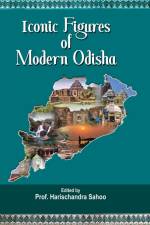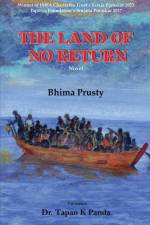von Harischandra Sahoo
33,00 €
Odisha has a rich cultural heritage. The present volume is a collection of articles about thirty four legendary icons of modern Odisha by reputed scholars. It attempts to showcase the contributions of the seminal figures of the state of Odisha who have excelled in various fields like Politics, History, Economics, Philosophy, Psychology, Sanskrit, Sociology, Social Services, Sports, Art, Music, Spiritualism, Language and Literature etc. These towering personalities have earned reputations across the globe. This is a unique approach to highlight their contributions to understand various aspects of Odishan culture.Iconic figures include Droupadi Murmu, Biju Patnaik, Nandini Satpathy, Harekrushna Mahatab, Janaki Ballav Patnaik, Naveen Patnaik, Biswabhushan Harichandan, Radhanath Rath, Chittaranjan Das, Manoj Das, Jayanta Mahapatra, Kunja Bihari Dash, Golok Bihari Dhal, Abhiram Paramahansha, Paramahansha Prajnanananda, Bhikari Bal, Ganeswar Mishra, Hrudananda Ray, J.N. Mohanty, Radhanath Rath (psychogy), Manmath Das, Jagannath Patnaik, Harekrishna Satpathy, Subrato Bagchi, Sudarshan Patnaik, Bhairab Mohanty, Sreeram Chandra Dash, Baidyanath Mishra, Achyuta Samanta, Pratibha Ray, Gopinath Mohanty and Dillip Tirkey.

